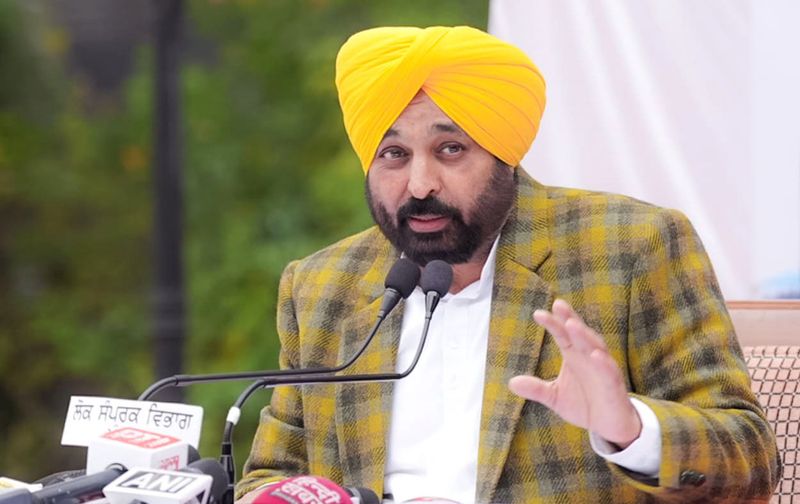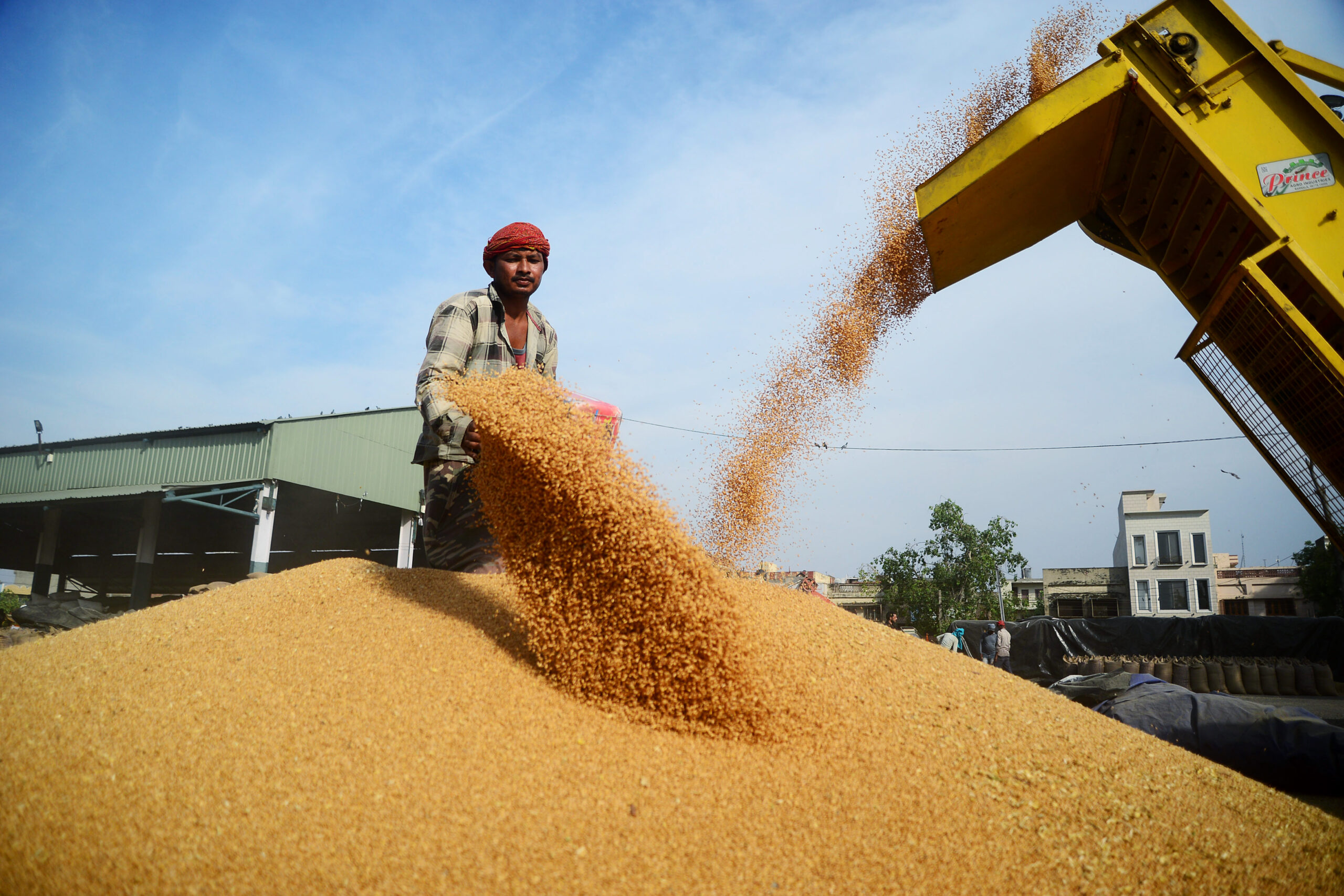If Russia-Ukraine was not enough, the world quivered by the terrorist attack of Hamas on Israel this week. This week will never be forgotten in the history of global affairs for unleashing a new dimension of terrorism. Israel-Palestine conflict is already a known unresolved struggle over the question of authority in the present-day Israel region. Israel-Palestine conflict has alreadyleft the world with thousands of lives, millions of exiledpeople, and a complicated, unresolved issue impacting world politics in past 75 years.
A CENTURY OF CONFLICT: THE ROOTS OF THE ISRAELI-PALESTINIAN STRUGGLE
However, this entire conflict dates back to more than a century ago when Britain’s then-foreign secretary, Arthur Balfour, wrote a letter to Lionel Walter Rothschild, a leader of the British Jewish communityin November 1917, promising him to establish a national home for Jewish people in Levant region. This letter was later known as ‘Balfour Declaration’. This was followed by a mass Jewish migration to that time’s Palestine. Tensions between Jewish and Arabs escalated followed by Arab revolt from 1936-1939. During this entire period, British government supported Jewish people to settle down in the region. Later, United Nations (UN) adopted Resolution 181, which divided Palestine in to Arab and Jewish states. Palestinians vehemently rejected this plan as they believed this entire land belonged to them. On the other hand, Jewish community, that had become almost 33 percent of the total population in Palestine declared the establishment of Israel on 15 May 1948. From here, the Arab-Israeli war started. Egypt, Lebanon, Jordan and Syria fought with Israel till 1949.
An armistice was announced in January 1949, and the war paused. But we must not forget the issue remained unresolved. Soon, UN passed a resolution that called for the rights of the return of Palestinian refugees. On the other hand, the conflict kept escalating from time to time. Many Palestinians stayed back in the Israel and lived under a military occupation for the next 20-22 years before they were granted Israeli citizenship. Amid this all, Egypt took over the significant Gaza Strip, while Jorden controlled West Bank region. In 1964, the Palestinian Liberation Organisation (PLO) was established followed by the establishment of Fatah Party. Skirmish between Israel and PLO continued while other Arab nations kept supporting PLO. In early months of 1967, Israel occupied Gaza Strip, Syrian Golan Heights, East Jerusalem, West Bank, and the Egyptian Sinai Peninsula during a war against an alliance of Arab armies.In December 1967, the Marxist-LeninistFront for the Liberation of Palestine was formed, which was very violent in nature. This leftist front executed a series of plane hijackings and bombings against Israel in the next decade and got an equivalent reply from Israel.
ISRAELI-PALESTINIAN TENSIONS: DECADES OF ESCALATION
While this violent tussle continued, the Arab League recognised PLO as the only representative of the Palestinian people in 1988. PLO organised mass protests, civil disobedience, strikes and communal cooperatives for the next few years. Finally, Oslo Accords was signed in 1993 paving the way for the formation of Palestinian Authority (PA), an interim government, which was allowed self-rule in some areas of the occupied West Bank and Gaza Strip.PLO recognised Israel as a part of its two-state resolution and signed agreements also that gave Israel control of 60 percent of the West Bank along with most of the land and water resources. Now PA had to conduct the elections to get the first elected Palestinian government in the West Bank and Gaza Strip with its capital in East Jerusalem, but this could not happen.Clashes between Palestinians and Israeli forcessustained. After PLO leader Yasser Arafat died in 2004, Hamas, a militant Palestinian group, formed the government in Palestine and declared a civil war against Fatah Party, resulting in the deaths of hundreds of Palestinians. Since then, tensions between Israel and Palestine (read: Hamas) kept intensifying.
Hamas is a declared terrorist group by Israel, the US, the EU and the UK, as well as other global powers. It is funded and supported by Iran, and had executed several terrorist attacks on Israel using rockets and other sophisticated military equipment. Israel has recurrentlyresponded to the attacks of Hamas with air strikes and troops in Gaza. On 7 October,Hamas unprecedentedly attacked Israel with aerial strikes and its fighters who entered the societiesof Israel near the Gaza Strip, killing hundreds of people, including women and children and taking dozens of hostages.Israel is responding to this brutal terror attack of Hamas, but the innocent children, women and other civilians who were killed in this attack show the ugly face of terrorism.
GAZA CRISIS: HUMANITARIAN CONCERNS AMIDST ISRAELI-PALESTINIAN CONFLICT
Gaza is a key matter of concern in this whole crisis, considering the fact that it is strategically located amid Israel, Egypt and Mediterranean Sea; and carries the densest population in the world. It has suffered gravely due to the latest terror attack of Hamas. Over 75 percent of the population of Gaza lives on the international aid as mentioned in the statements of the UN officials, and Israel has now cut its supplies of electricity, fuel, food, goods and water. With no electricity, water, food and other essential services, people of Gaza would suffer miserably.
Terrorism needs to get a collective, effective, comprehensive and befitting reply from the entire world. Political systems, government, and policies are made to make people’s lives better. Terrorist organisations, claiming themselves as political organisations, only devastate lives. Keeping politics aside, even the Arab countries must think what will they achieve by helping terrorism. Organisations like Hamas do not want neutralisation between Israel and the Arab world as together they can grow potentially, curbing the space for such terrorist organisations. As India stands with Israel while calling for ‘sovereign, independent, and viable state of Palestine’, I too hope for peace between Israel and Palestine with a viable solution.
(The author is Professor, School of International Studies, JNU)







